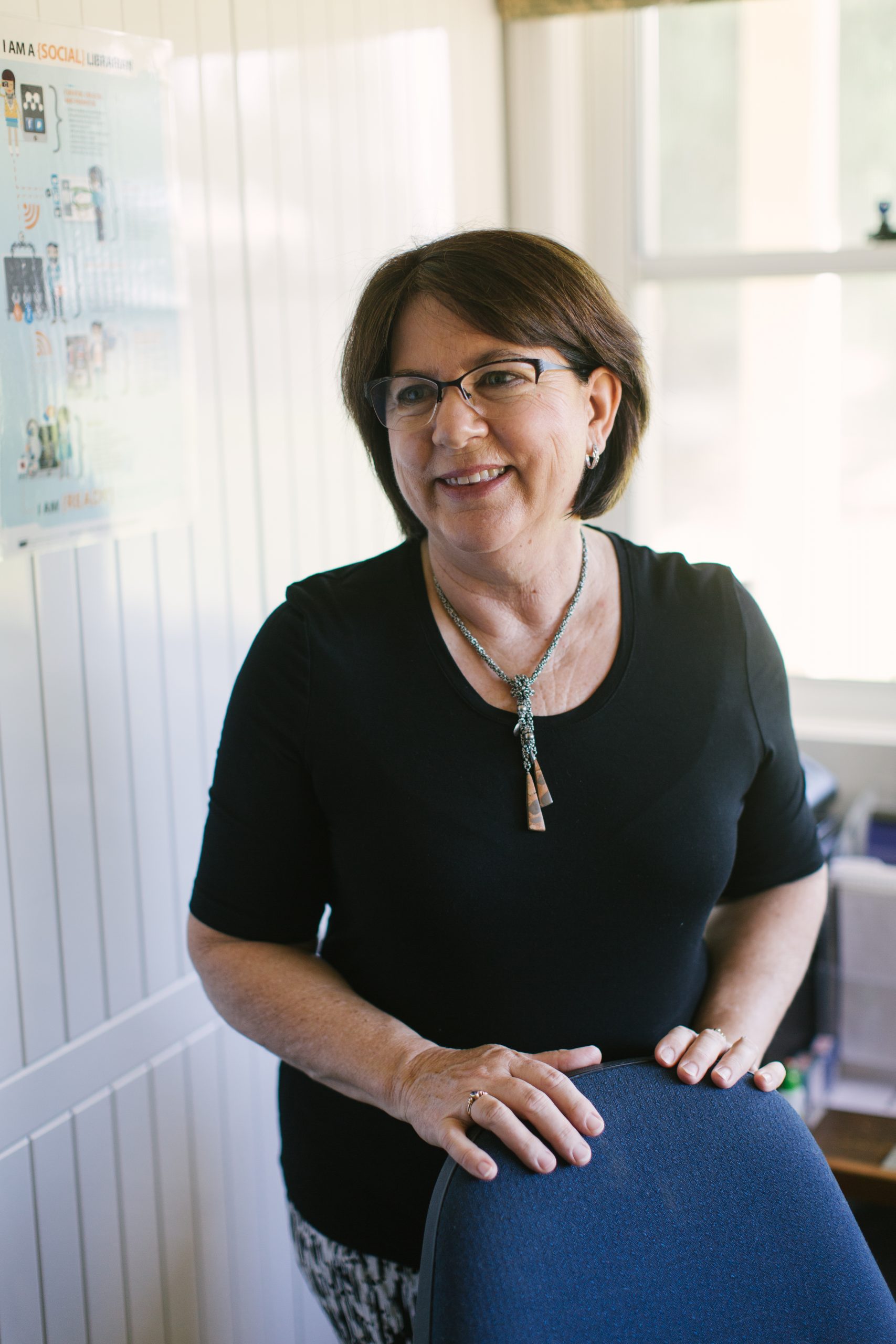This is the 4th in the “The Stages of Work” series where we are talking about how some people’s working lives seem to have distinct stages which give them opportunities to reflect and pivot what they do for work.
Doesn’t life change once you have children? Doesn’t working change once you have children?
Even if you have always been single-minded about your career, once you have children there is always the push and pull of work and parenthood.
On one hand, it is more essential than ever to have a reliable income but on the other hand, having children makes working that much more difficult. There are so many demands on your time, they always seem to be sick, especially in the first year of Daycare or Pre-school.
When I was a young mum, I lived 20kms from a small rural town. Many young mums didn’t work, the expectation was that you would be a stay at home and look after the children at least until they were all at school. This was reinforced by the limited day care services available. Of course some people had family who were willing to help which made going out to work a much simpler decision.
We have come a long way since then, now it is the norm for both parents to continue working outside the home when they have a family. Often though, it is the women who take time off work to care for the children, maybe staying home for 12 months or more and then going back to work part-time or casual which affects their career and their superannuation benefits.
Women also still do most of the unpaid work but times are changing.
Men are getting more involved, particularly with the care and responsibilities of their children. This need for sharing the responsibilities so both parents get to keep building their careers is being recognised by both governments and businesses
I look at my daughters and their partners who have young children and see how busy they are fitting in work, family and all the duties that both encompass. It is such a hard thing to manage if the burden is not shared equally.
Workplace flexibility seems to be the key to making it all work for families. Workplace flexibility for both parents, as child care is a shared load (or should be) in many families these days. See the Fairwork “Flexibility in the Workplace Checklist”
This time does have some work advantages in that if you take time off to care for children, you can
use this time to evaluate what you need in your future work, whether you want to continue the same or maybe find something with more flexibility.
Or maybe this is the trigger for you to completely change what you are doing:
- Maybe the job you are doing just doesn’t suit how you want your family life to be
- Maybe you weren’t happy in the career you spent all those years studying for but you were too involved to give up on it
Take this time to work out what will be best for you and your family.
If you are feeling stuck about what you want to do, if you are at a turning point in your working life and need some guidance on how to find your way to more satisfying work or to an interesting retirement then book a free 30 minute “Right for You” call so we can help you.
The next article in this series will focus on will be about when your final child goes off to school and life changes again.
This is the 4th in the “The Stages of Work” series where we are talking about how some people’s working lives seem to have distinct stages which give them opportunities to reflect and pivot what they do for work.
Doesn’t life change once you have children? Doesn’t working change once you have children?
Even if you have always been single-minded about your career, once you have children there is always the push and pull of work and parenthood.
On one hand, it is more essential than ever to have a reliable income but on the other hand, having children makes working that much more difficult. There are so many demands on your time, they always seem to be sick, especially in the first year of Daycare or Pre-school.
When I was a young mum, I lived 20kms from a small rural town. Many young mums didn’t work, the expectation was that you would be a stay at home and look after the children at least until they were all at school. This was reinforced by the limited day care services available. Of course some people had family who were willing to help which made going out to work a much simpler decision.
We have come a long way since then, now it is the norm for both parents to continue working outside the home when they have a family. Often though, it is the women who take time off work to care for the children, maybe staying home for 12 months or more and then going back to work part-time or casual which affects their career and their superannuation benefits.
Women also still do most of the unpaid work but times are changing.
Men are getting more involved, particularly with the care and responsibilities of their children. This need for sharing the responsibilities so both parents get to keep building their careers is being recognised by both governments and businesses
I look at my daughters and their partners who have young children and see how busy they are fitting in work, family and all the duties that both encompass. It is such a hard thing to manage if the burden is not shared equally.
Workplace flexibility seems to be the key to making it all work for families. Workplace flexibility for both parents, as child care is a shared load (or should be) in many families these days. See the Fairwork “Flexibility in the Workplace Checklist”
This time does have some work advantages in that if you take time off to care for children, you can
use this time to evaluate what you need in your future work, whether you want to continue the same or maybe find something with more flexibility.
Or maybe this is the trigger for you to completely change what you are doing:
- Maybe the job you are doing just doesn’t suit how you want your family life to be
- Maybe you weren’t happy in the career you spent all those years studying for but you were too involved to give up on it
Take this time to work out what will be best for you and your family.
If you are feeling stuck about what you want to do, if you are at a turning point in your working life and need some guidance on how to find your way to more satisfying work or to an interesting retirement then book a free 30 minute “Right for You” call so we can help you.
The next article in this series will focus on will be about when your final child goes off to school and life changes again.










0 Comments